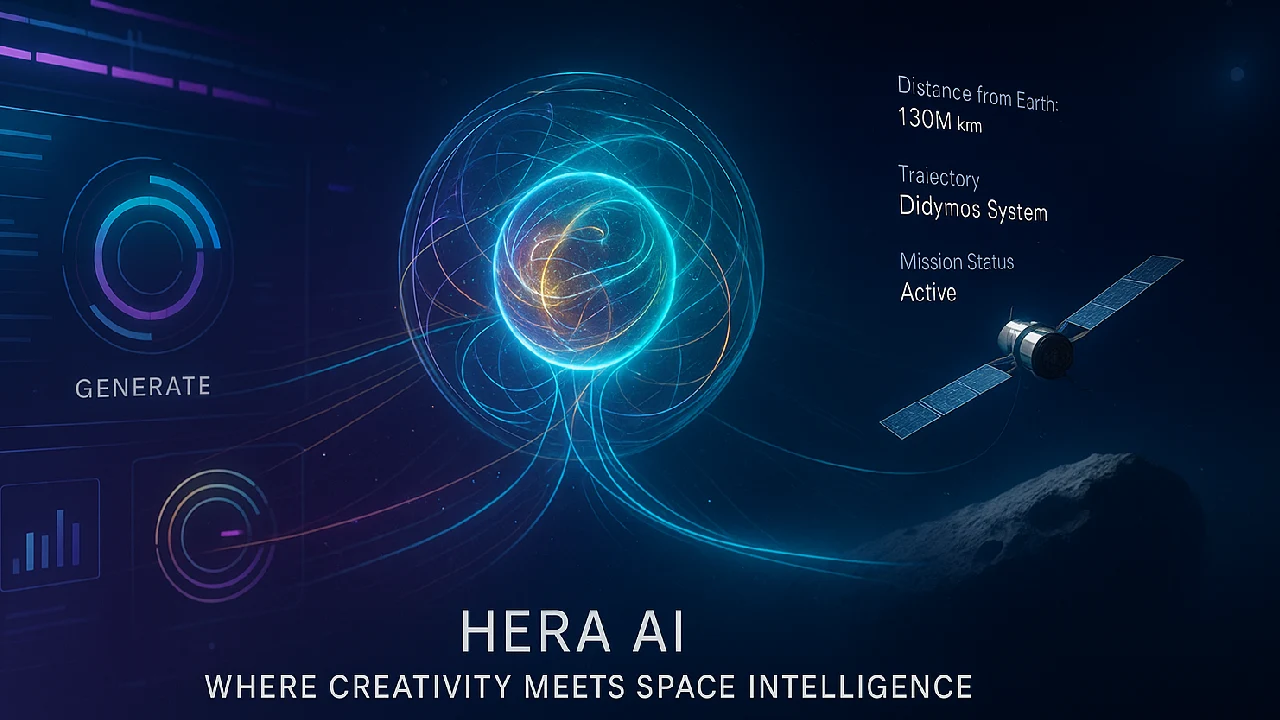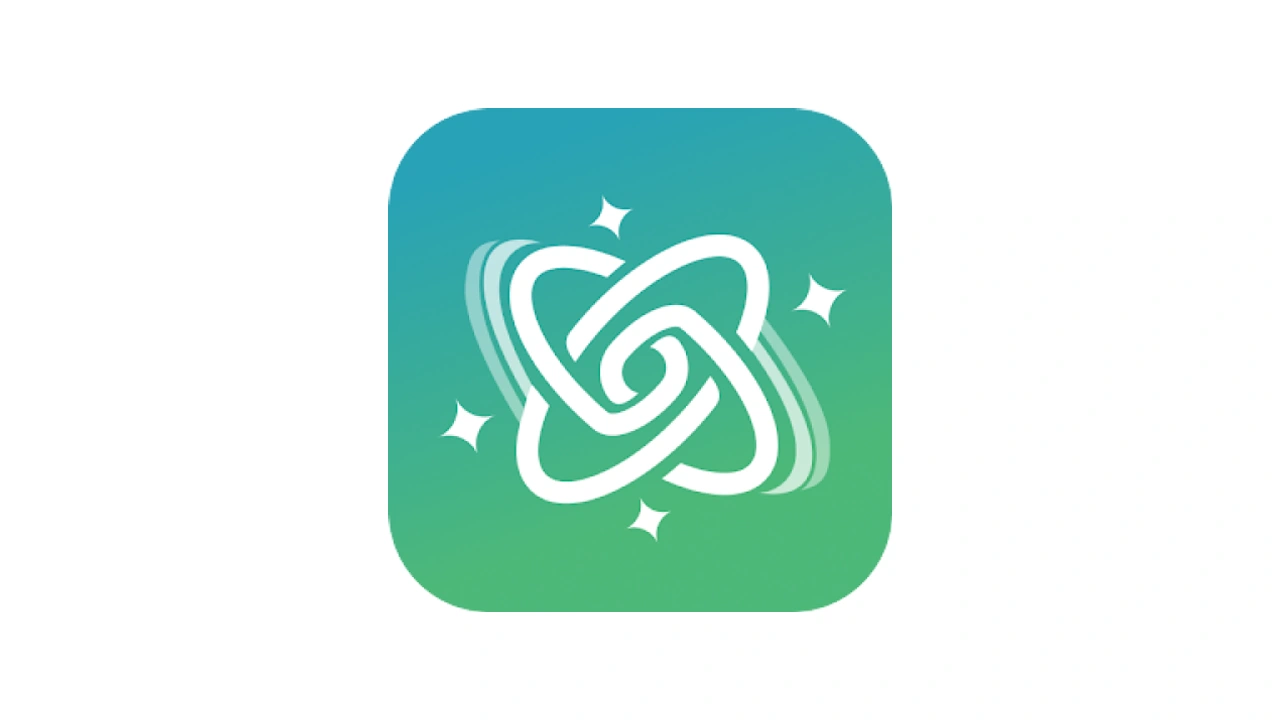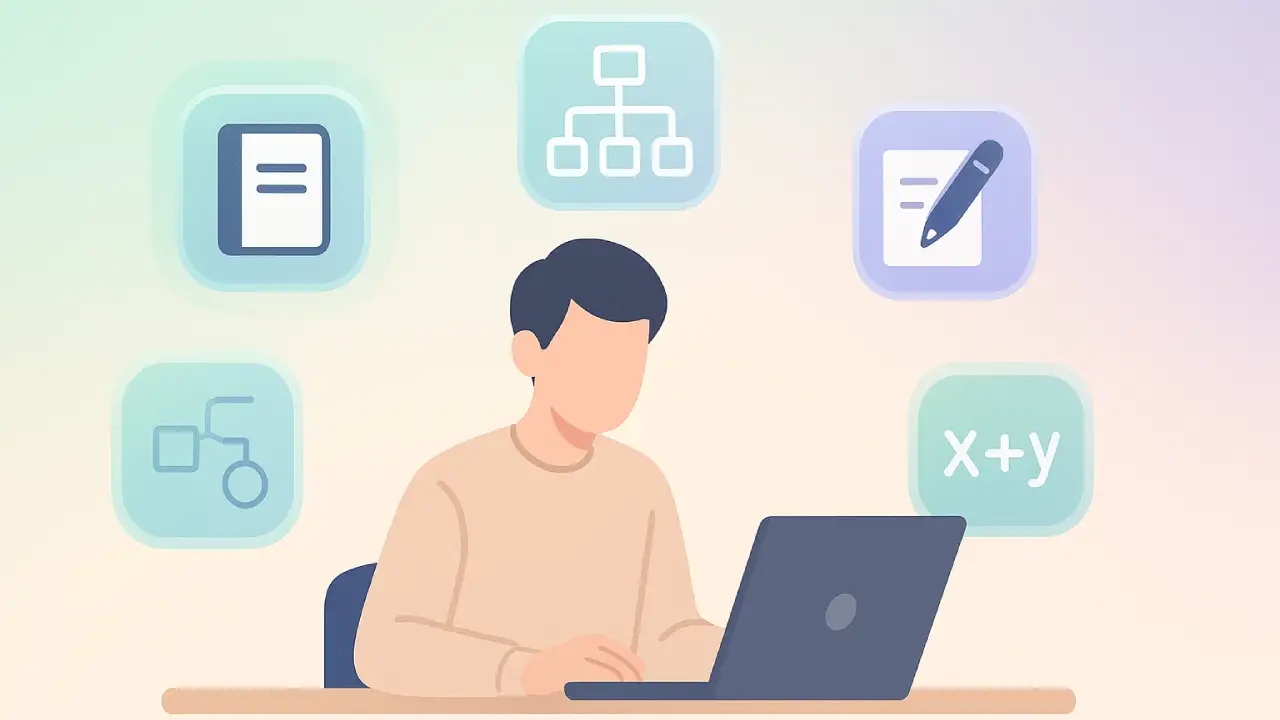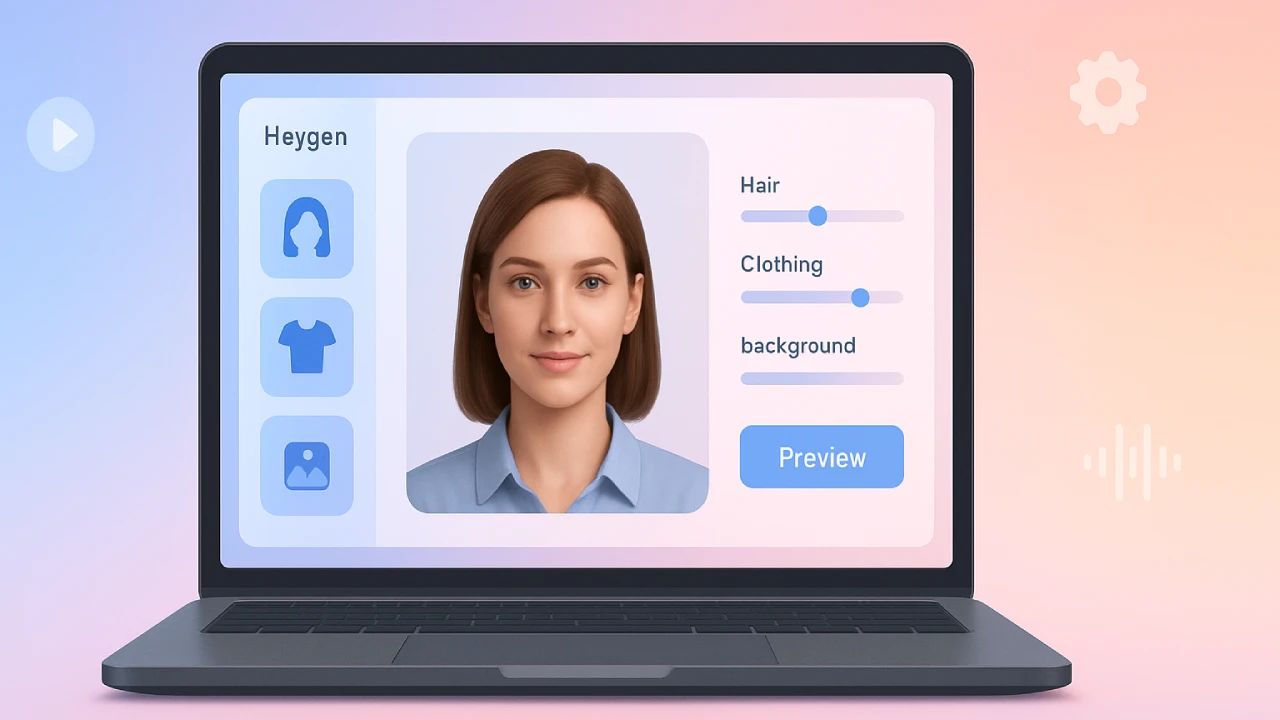Think of a world where AI helps with math homework and competes at the top level of human math competition, like the International Math Olympiad (IMO), and wins. That isn’t science fiction anymore. AI systems have now reached gold medal-level performance at the International Math Olympiad (IMO), which is a huge step forward in history. The world has seen this breakthrough as a turning point for AI in education, logic, and problem-solving.
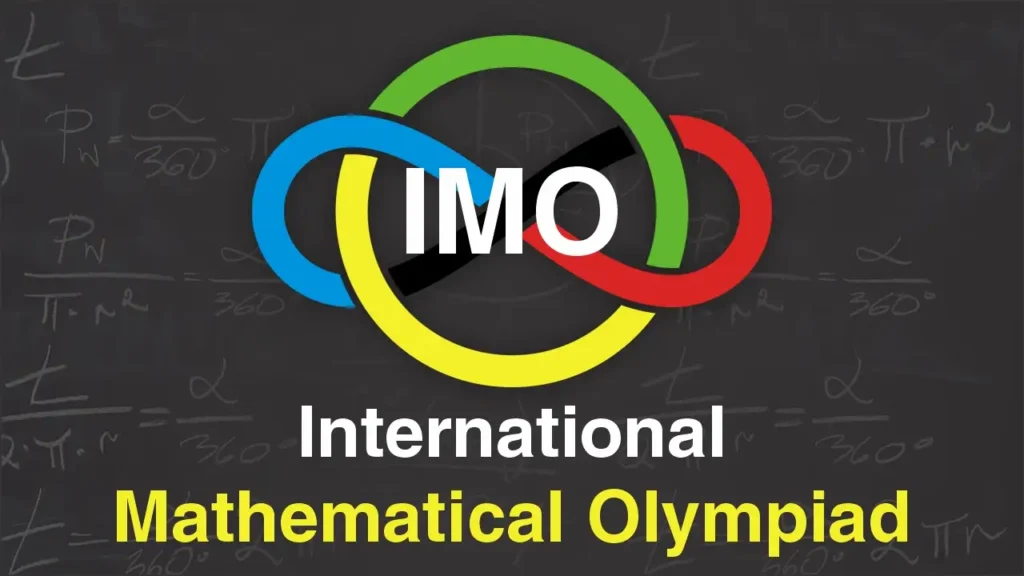
This blog post discusses how Google DeepMind and OpenAI’s advanced models successfully passed one of the world’s most challenging tests, explains why this achievement is significant for AI research, and explores its implications for the future of mathematics.
What is the International Mathematical Olympiad (IMO)?
Many people think that the International Mathematical Olympiad (IMO) is the best math competition for high school pupils. It started in 1959 and gives participants two days of hard trials with very imaginative and difficult difficulties.
Each contender has to take a 4.5-hour test with only three issues every day. None of these problems can be completed by brute force or memorization. Instead, success requires a strong understanding of math, logic, and creative thinking. For a long time, even the best AI had a hard time tackling problems that were open-ended and high-level. But that is changing quickly.
Key Players: DeepMind and OpenAI
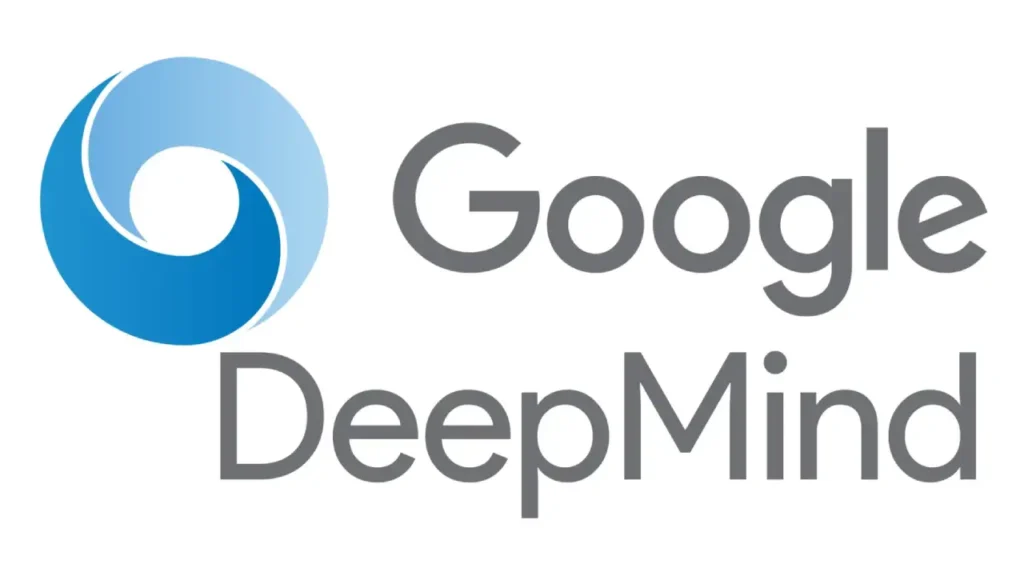
DeepMind’s Gemini “Deep Think”
Google DeepMind made news when it released its new reasoning engine, Gemini Deep Think. This model was the first AI system to officially win a gold medal at the IMO. It solved 5 out of 6 tasks and got 35 out of 42 points. It was intriguing that all of its replies were written in simple English, without any specific formatting or formal logic. Human IMO graders checked the results and declared the solutions perfect.
Gemini Deep Think uses a new way of thinking in parallel, looking at many possible solutions at once. It learned from thousands of carefully chosen IMO-level proofs, which gave it a strong base for using AI to solve math problems.
OpenAI’s Experimental Math Model
Around the same time, OpenAI said that their general-purpose model had also done well enough at the IMO to win a gold medal. OpenAI’s model is a vast language model in math that can do a lot of different things, unlike DeepMind’s engine, which was made for a specific purpose. It read the problems in plain language and made proofs that made sense and were easy for people to read.
OpenAI’s revelation was self-published and not validated at the time, but it showed how powerful AI reasoning and logic can be without specialized systems. This means that general LLMs can now do better than hand-tuned tools.
Why This Achievement Matters
Moving Beyond Pattern Matching
This moment marks the shift from AI being able to recognize patterns to being able to reason. Machines can now do abstract thinking and creative logic, which was once thought to be human-only.
Human-Like Reasoning
DeepMind’s and OpenAI’s models now answer arithmetic issues in natural language instead of using symbolic math systems. Researchers, teachers, and students can work with AI more easily this way, without having to learn formal code or particular syntax.
Fast Progress
Most standards in 2024 were still based on grade-school math, like GSM8K. Just a year later, AI is doing better than many human contestants in the IMO, scoring in the top 10% of all participants.
The IMO 2025 Controversy
The achievement wasn’t without drama. According to sources:
- OpenAI released its results just two days before DeepMind’s announcement, potentially violating the IMO Board’s embargo that requested AI companies wait until July 28.
- DeepMind followed the rules and allowed IMO officials to independently verify its scores.
- A senior IMO coordinator criticized OpenAI’s early release as “rude and inappropriate,” fueling the ongoing competition between DeepMind and OpenAI.
The two companies did well, but their differing methods showed rising tensions in the AI research community over ethics, disclosure, and performance.
Conclusion
The impressive performance of AI systems from DeepMind and OpenAI at the International Math Olympiad, culminating in gold medals, marks a significant milestone. This discovery reveals that AI can now think, write, and explain things like the best human minds, not only solve math problems.
We might soon enter a new era when AI doesn’t just help research; it drives it as well. Follow dontleaveit.com to find out how AI is changing the way we think about information and creativity.


